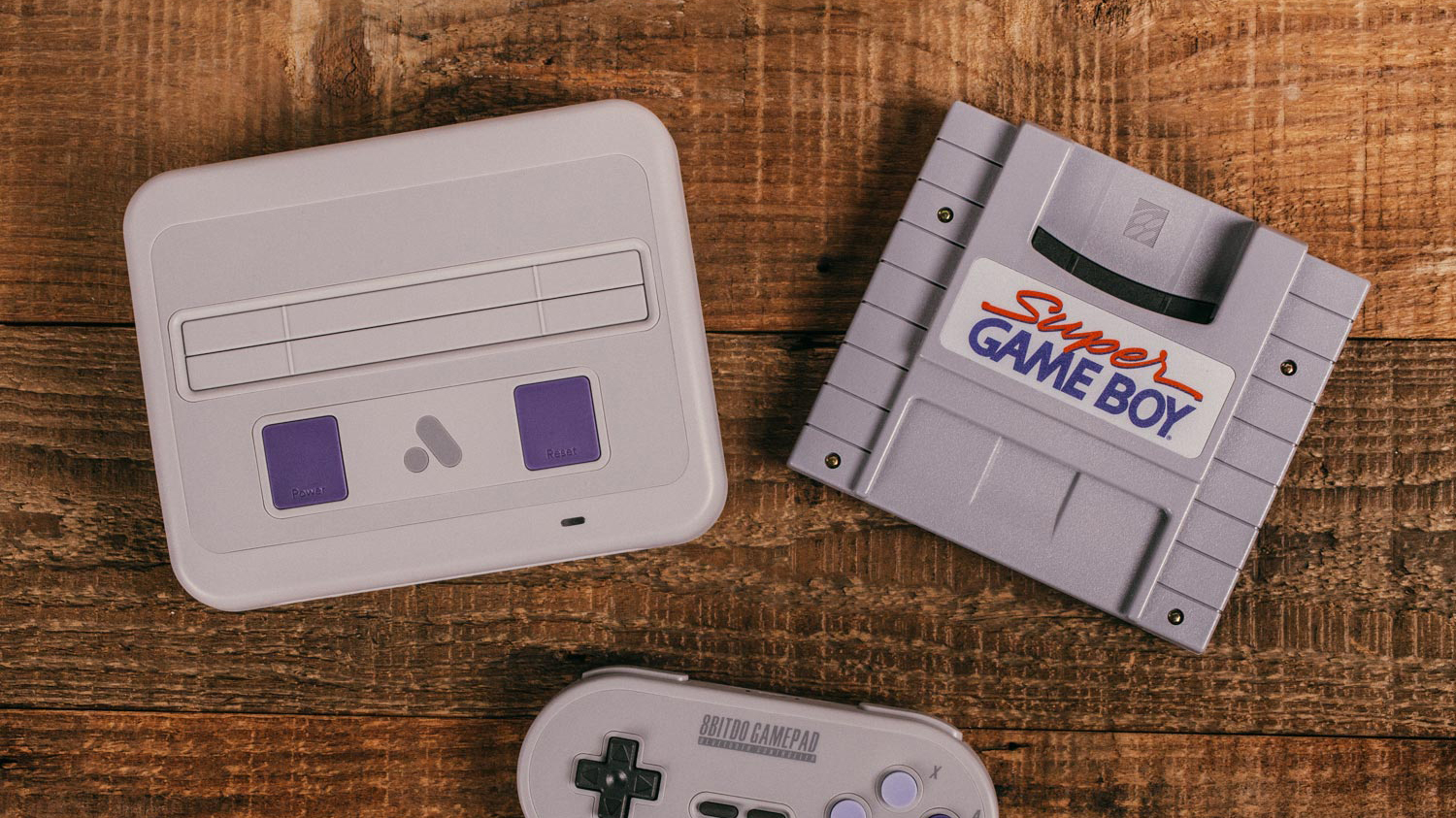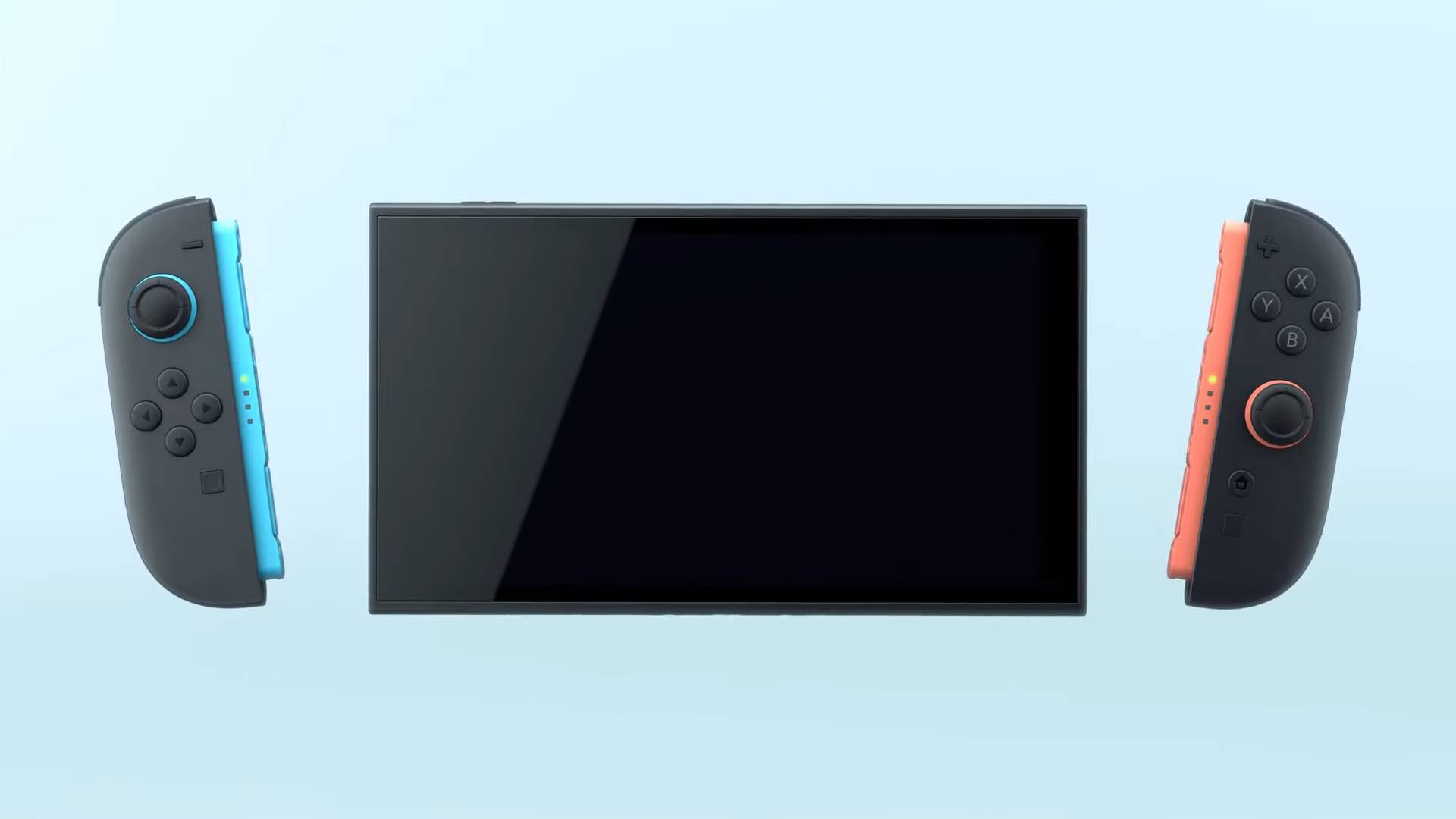Analogue Could Be Making the Game Boy Clone Nintendo Won't
Trademark filing also hints at a new NES system, too

We're pretty big fans of Analogue's retro hardware here at Tom's Guide. The commitment to accuracy and design with which the Seattle-based firm approaches its clone consoles is still pretty much unrivaled in the market today.
It's for that reason we've been eagerly awaiting to learn what the company's next project is going to be. After the excellent Mega Sg released earlier this year to complement the Super Nt, where would Analogue go next?
On the road, it seems.
A tipster has reached out to Tom's Guide and alerted us to two trademark filings from Analogue. The first, called Analogue Pocket, explicitly refers to a "handheld game unit;" the second is for a home system called the Analogue 8.
Analogue Game Boy?
While we don't have any confirmation on this, it's hard to assume the Pocket refers to anything other than a clone of Nintendo's Game Boy. The Game Boy, of course, had a hardware revision through the middle of its life called the Game Boy Pocket, which made the system considerably smaller, and allowed it to use fewer batteries, too.
Plus, we can't ignore the timing here. The Game Boy is celebrating its 30th birthday this year, and on July 31 we marked three decades since its North American launch. Nintendo has long been rumored to release a Game Boy Classic, just like its NES and SNES micro-consoles, though we've heard suspiciously little on that front recently. It could still happen, though Nintendo is running out of time to make the announcement ahead of the holidays.
We have so many questions. Will the Analogue Pocket run just Game Boy games, or extend support to the Game Boy Color and Game Boy Advance, too? Will it go for the traditional Game Boy vertical form factor, or adopt more modern widescreen proportions? And, of course, what color schemes will it come in?
Sign up to get the BEST of Tom's Guide direct to your inbox.
Get instant access to breaking news, the hottest reviews, great deals and helpful tips.
Analogue 8
As for the Analogue 8, the company's intention is harder to speculate. Those who have been following Analogue from its infancy will recall it's already developed two NES clones — the Nt and Nt Mini. Demand for an Nt revision is clearly still strong, since both products were both very, very expensive and went out of production years ago.
However, by calling it the Analogue 8, we're wondering if the company is planning to construct an all-in-one box that can play titles from several 8-bit consoles not just limited to the NES, but also including Sega's Master System and NEC's PC Engine. However, the Master System is already supported within the Mega Sg, which may put a damper on the likelihood of that theory.
Alternatively, perhaps the Analogue 8 could play titles from eight different consoles. Analogue has yet to tackle systems that predated the NES, like the Atari 2600, Magnavox Odyssey, Intellivision and ColecoVision, so it would seem the late '70s/early '80s era is ripe for the picking. Although the Analogue Nt was explicitly designed to run NES and Famicom games, it actually includes FPGA cores for a whopping 19 different systems, including all the pre-Nintendo ones listed above — so clearly there's always been ambition to cover that ground.
It's safe to say these trademarks have piqued our interest. Over the past two years, Analogue has announced new hardware around late summer or early fall, with an eye toward shipping during spring of the following year. Hopefully, that means we won't have to wait long to learn about what the company is planning next. We've reached out to Analogue for comment and will update this story if we hear back.
Adam Ismail is a staff writer at Jalopnik and previously worked on Tom's Guide covering smartphones, car tech and gaming. His love for all things mobile began with the original Motorola Droid; since then he’s owned a variety of Android and iOS-powered handsets, refusing to stay loyal to one platform. His work has also appeared on Digital Trends and GTPlanet. When he’s not fiddling with the latest devices, he’s at an indie pop show, recording a podcast or playing Sega Dreamcast.
